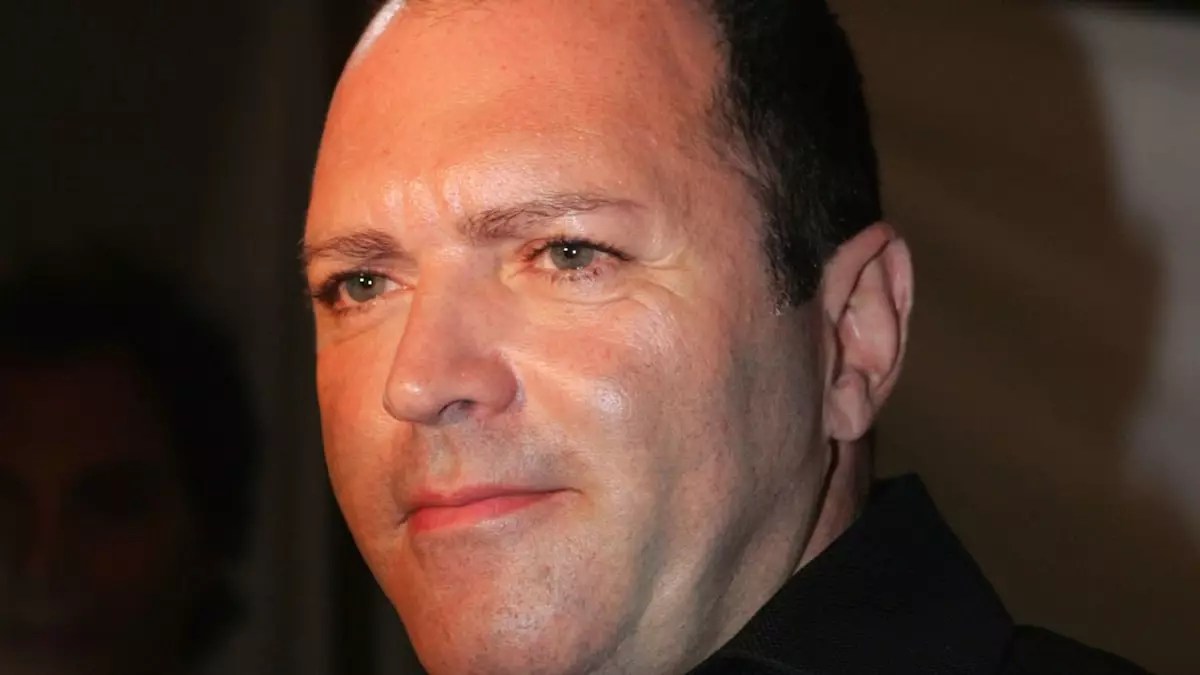Christopher Ciccone, the younger brother of pop icon Madonna, has sadly passed away at the age of 63. His death is a significant moment not just for the Ciccone family but for the entirety of the artistic community that was shaped by his talents in design, direction, and visual storytelling. For many, Christopher was synonymous with Madonna’s ascent to global superstardom. His work as a stylist and artistic director played an instrumental role in crafting the iconic performances and images that defined an era for the Queen of Pop. Yet, the relationship between the Ciccone siblings is a multifaceted narrative, marked significantly by both collaboration and contention.
Raised in Michigan, Christopher and Madonna shared a childhood rich in artistic exploration. From their early days of rhythm and dance to artistic ambitions, it was clear that both siblings had a creative spark. When Christopher moved to New York City in the late 1970s to support Madonna’s burgeoning career, the bond between them flourished. Initially, Christopher took on the role of Madonna’s personal assistant and dresser, which gradually evolved into more significant contributions as he became her stylist and the artistic director for her tours.
His visionary talent was crucial during key moments in Madonna’s career, such as the groundbreaking Blond Ambition tour and The Girlie Show. These productions became cultural touchstones, blending theatrics with music in ways that set trends still followed today. Christopher’s design aesthetic and creative contributions were not merely an accessory to Madonna’s fame; they were integral, creating a visual legacy that would resonate for decades.
As often happens in family relationships intertwined with business, tensions began to surface. The public revelation of their complicated relationship came with Christopher’s memoir, “Life with My Sister Madonna,” published in 2008. In the book, he detailed the frustrations he harbored towards his sister and the strain placed upon their bond by Madonna’s transformation into a global superstar. Christopher’s memoir painted a candid portrait; it conveyed not only the love between siblings but also the deep fissures created by ambition and rivalry.
He notably attributed much of the distance between them to Madonna’s marriage to British director Guy Ritchie, claiming that his presence had altered their familial dynamics irreparably. “Guy never got along with me,” he confessed, pinpointing Ritchie as a pivotal factor contributing to their estrangement. This shocking admission revealed how fame and interpersonal relationships often become intertwined, showcasing the complexities of navigating a relationship that is both familial and professional.
The revelations in Christopher’s memoir plunged the Ciccone family into public scrutiny. Despite his sharp criticisms, it was evident that Christopher’s feelings derived from a place of deep emotional investment in his sister’s life. The recognition of their fractured relationship prompted both siblings to retreat from each other, navigating their respective paths laden with personal struggles.
In the years following the memoir’s release, Christopher faced his own battles with substance abuse, while Madonna’s career continued to soar. Despite their rocky period, the winds of time often facilitate healing, and by 2012, Christopher revealed in interviews that communication between him and Madonna had resumed. He described their relationship as “perfectly personable,” expressing pride for her achievements and an overall sense of reconciliation between them.
Christopher Ciccone’s later years saw him embracing a quieter lifestyle. In 2016, he found love in the form of his marriage to British hairdresser Ray Thacker. This phase marked a deliberate turn away from the public eye that had characterized his earlier life, signifying a desire for personal tranquility away from Madonna’s towering presence. His death leaves an irreplaceable gap in the artistic landscape and a deep sense of loss for family and friends who recognized the complex beauty of his existence.
As we reflect on Christopher Ciccone’s life, we recognize him not just as Madonna’s brother but as a talented individual who contributed significantly to the world of art and performance. His legacy serves as a poignant reminder of the intricacies of familial ties—woven with love but often strained by ambition and the harsh realities of fame. While Christopher’s passing brings a sense of sadness, it also compels us to appreciate the powerful bond he shared with Madonna and the artistic influence he had in shaping a cultural phenomenon that continues to inspire.


Leave a Reply